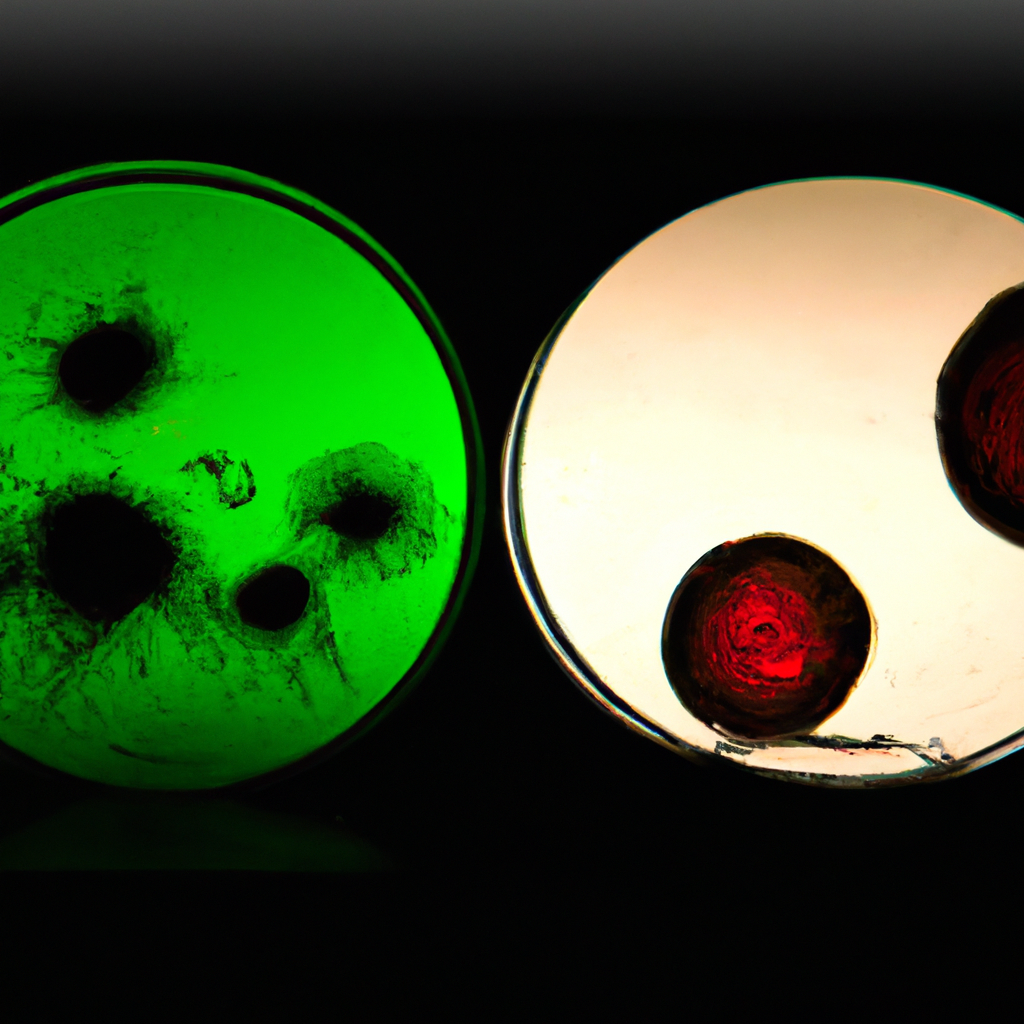-
Reading Roadmap
- 222-OR: Addressing Islet Shortage by Differentiating Human Pluripotent Stem Cells In Vitro
- Key Takeaways
- Introduction: The Promise of Stem Cells in Addressing Islet Shortage
- Stem Cells: A Potential Solution to Islet Shortage
- Challenges and Limitations
- Future Directions
- FAQ Section
- What is islet transplantation?
- Why is there a shortage of donor islets?
- How can stem cells help address this shortage?
- What are the challenges of using stem cells for this purpose?
- What is the current status of this research?
- Conclusion: The Future of Islet Transplantation
- Further Analysis
222-OR: Addressing Islet Shortage by Differentiating Human Pluripotent Stem Cells In Vitro

[youtubomatic_search]
Key Takeaways
- Islet shortage is a significant challenge in treating type 1 diabetes.
- Human pluripotent stem cells (hPSCs) can be differentiated into insulin-producing cells in vitro, potentially addressing the islet shortage.
- Research has shown promising results, but there are still challenges to overcome, including the risk of tumorigenesis and the need for immunosuppression.
- Further research and clinical trials are needed to validate the safety and efficacy of this approach.
- This technology could revolutionize the treatment of type 1 diabetes and other diseases that involve the loss of specific cell types.
Introduction: The Promise of Stem Cells in Addressing Islet Shortage
Islet transplantation is a promising treatment for type 1 diabetes, a disease characterized by the destruction of insulin-producing beta cells in the pancreas. However, the shortage of donor islets has been a significant obstacle to the widespread application of this therapy. Recent advances in stem cell research have opened up new possibilities for addressing this challenge. Specifically, human pluripotent stem cells (hPSCs), which have the potential to differentiate into any cell type in the body, can be directed to become insulin-producing cells in vitro. This article explores the potential of this approach and the challenges that need to be overcome to make it a viable treatment option.
Stem Cells: A Potential Solution to Islet Shortage
Human pluripotent stem cells (hPSCs), including embryonic stem cells (ESCs) and induced pluripotent stem cells (iPSCs), have the unique ability to differentiate into any cell type in the body. This property makes them a potentially unlimited source of cells for transplantation therapies. In the context of type 1 diabetes, researchers have developed protocols to differentiate hPSCs into insulin-producing beta cells in vitro. These cells can then be transplanted into patients, potentially replacing the need for donor islets.
Challenges and Limitations
Despite the promise of this approach, there are several challenges that need to be addressed. One of the main concerns is the risk of tumorigenesis. Because hPSCs have the potential to become any cell type, there is a risk that they could form tumors if not properly controlled. Another challenge is the need for immunosuppression. Even though the cells are derived from the patient’s own body, the immune system may still recognize them as foreign and attack them. This would require the patient to take immunosuppressive drugs, which have their own side effects.
Future Directions
Despite these challenges, the potential benefits of this approach make it a promising area of research. Ongoing studies are focused on improving the differentiation protocols to produce more mature and functional beta cells, as well as developing strategies to protect the transplanted cells from the immune system. Clinical trials are also underway to test the safety and efficacy of hPSC-derived beta cell transplantation in patients with type 1 diabetes.
FAQ Section
What is islet transplantation?
Islet transplantation is a procedure that involves transplanting islets of Langerhans, which contain insulin-producing beta cells, from a donor pancreas into a person with type 1 diabetes.
Why is there a shortage of donor islets?
The shortage is due to a combination of factors, including the limited number of suitable donors, the difficulty of isolating islets from the pancreas, and the fact that each transplant requires islets from multiple donors.
How can stem cells help address this shortage?
Stem cells, specifically human pluripotent stem cells, can be directed to differentiate into insulin-producing beta cells in vitro. These cells can then be used for transplantation, potentially providing an unlimited source of cells for this therapy.
What are the challenges of using stem cells for this purpose?
There are several challenges, including the risk of tumorigenesis, the need for immunosuppression, and the need to improve the differentiation protocols to produce more mature and functional beta cells.
What is the current status of this research?
Research is ongoing, with several studies focused on improving the differentiation protocols and developing strategies to protect the transplanted cells from the immune system. Clinical trials are also underway to test the safety and efficacy of this approach.
Conclusion: The Future of Islet Transplantation
The shortage of donor islets has been a significant obstacle to the widespread application of islet transplantation for treating type 1 diabetes. However, the ability to differentiate human pluripotent stem cells into insulin-producing cells in vitro offers a potential solution to this problem. While there are still challenges to overcome, ongoing research and clinical trials are paving the way for this promising approach. If successful, this technology could revolutionize the treatment of type 1 diabetes and other diseases that involve the loss of specific cell types.
[youtubomatic_search]
Further Analysis
As we delve deeper into the potential of stem cells in addressing islet shortage, it is clear that this field holds immense promise. The ability to generate an unlimited supply of insulin-producing cells could revolutionize the treatment of type 1 diabetes. However, the road to clinical application is fraught with challenges, including the risk of tumorigenesis and the need for immunosuppression. As research progresses, it will be crucial to address these issues to ensure the safety and efficacy of this approach. With continued investment in research and development, the promise of stem cells in addressing islet shortage could soon become a reality.

Leave a Reply